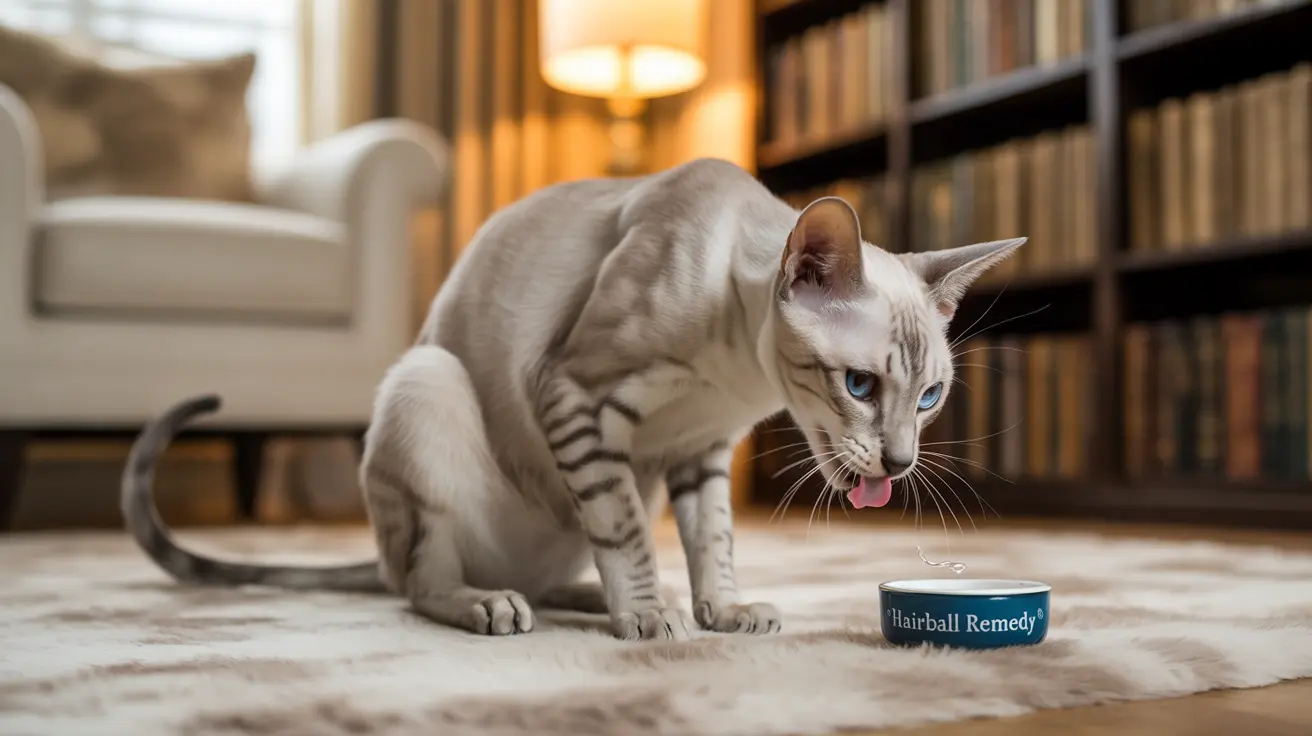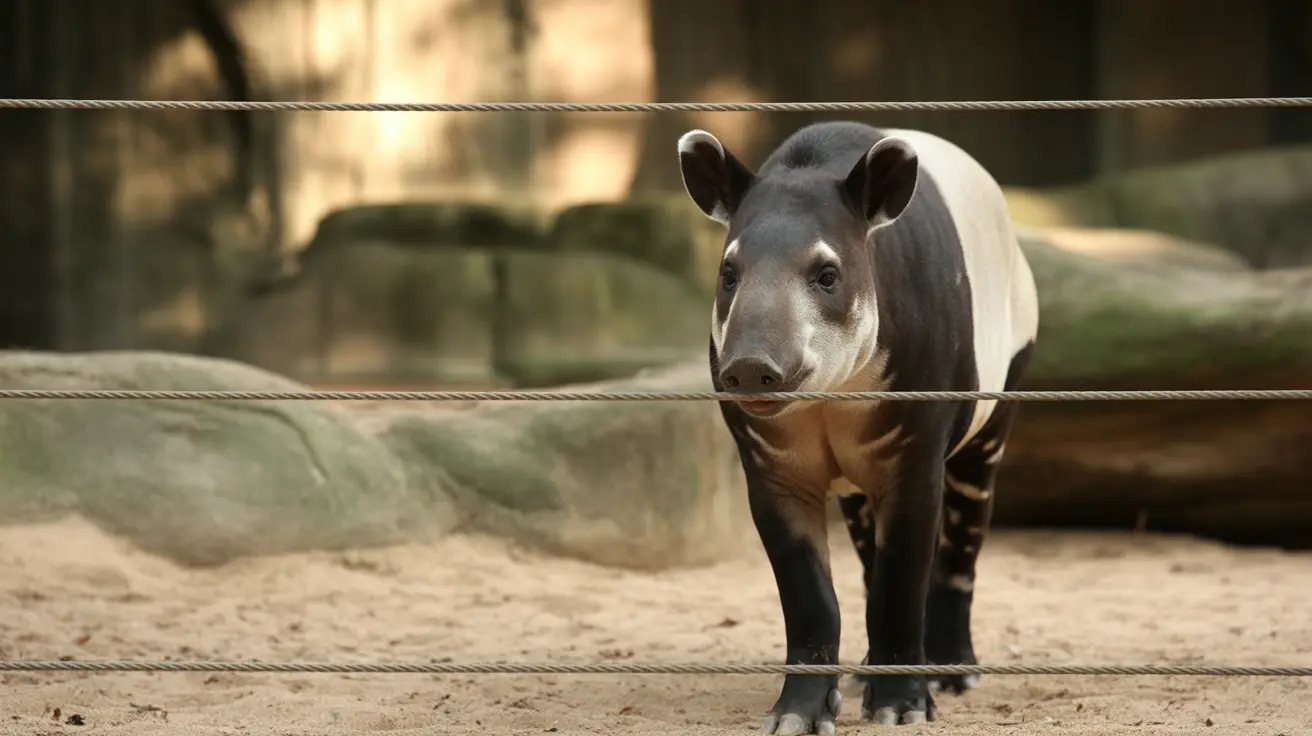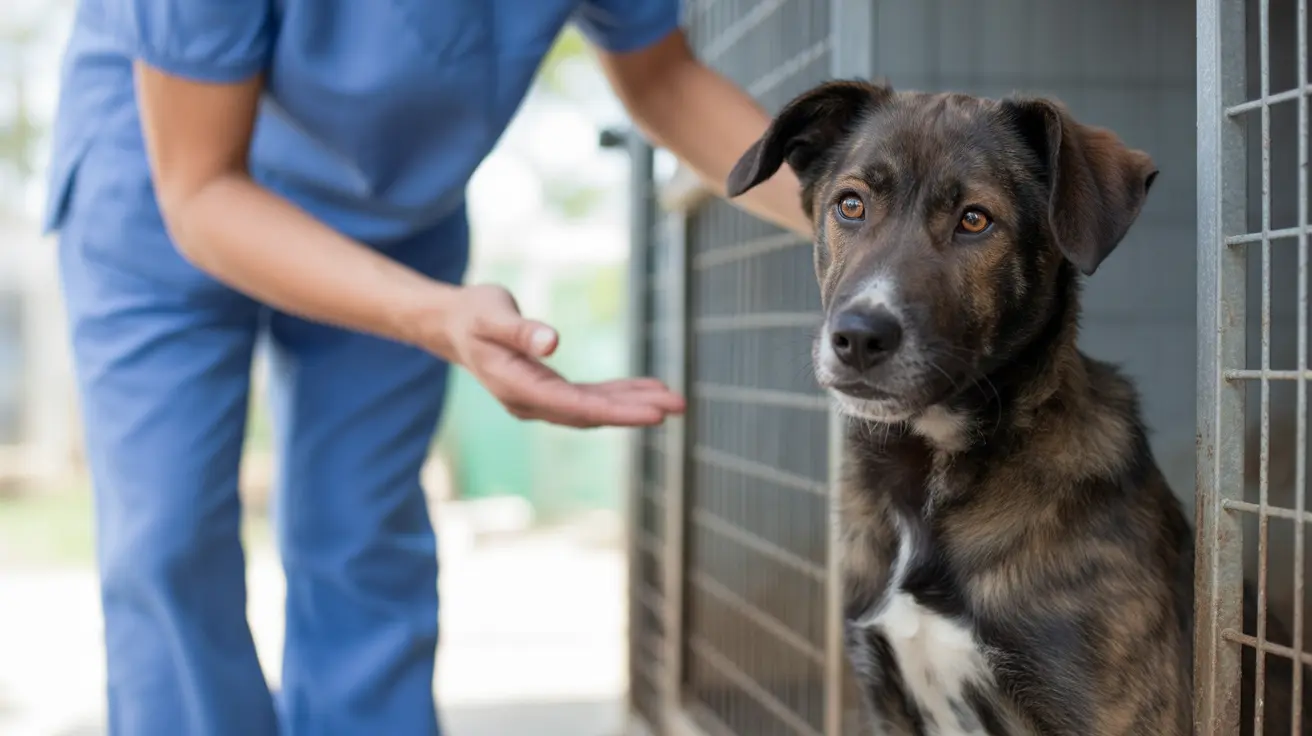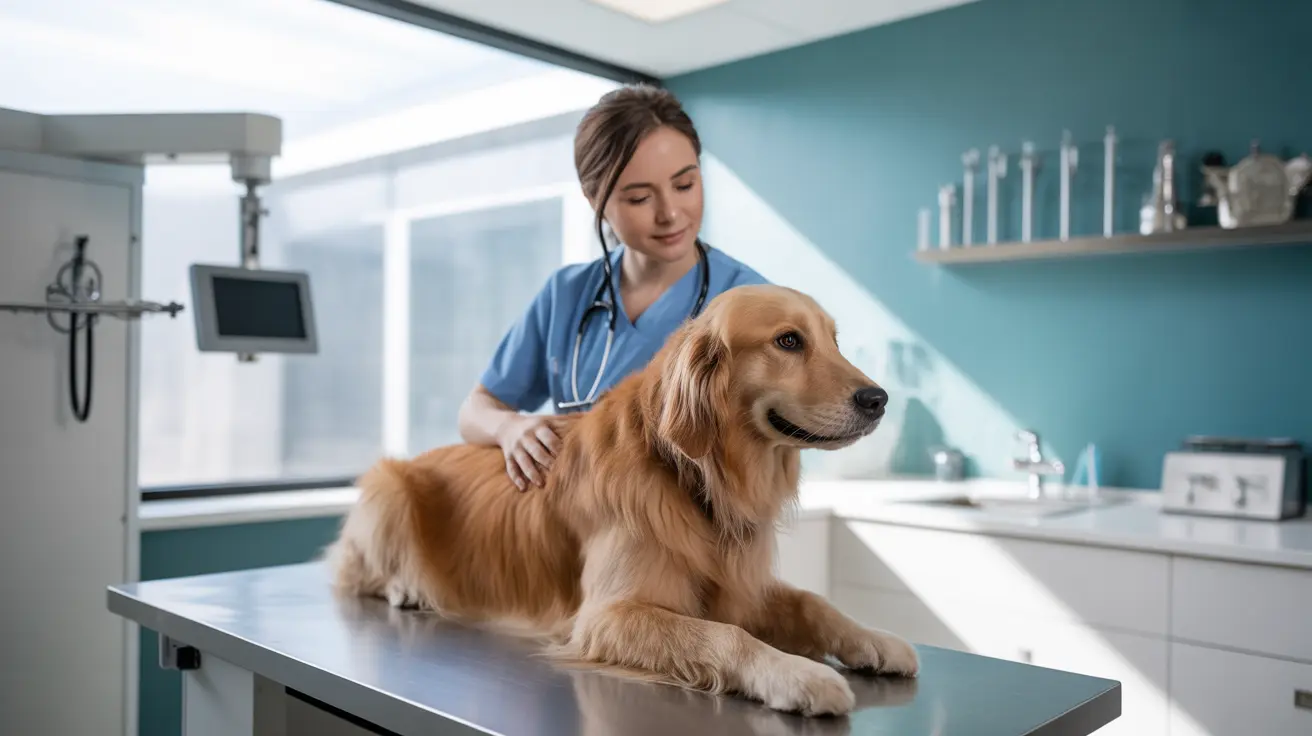If you've noticed your cat dry heaving but acting normal otherwise, you might be wondering whether to be concerned. Dry heaving in cats – where they appear to be retching but nothing comes up – is a common occurrence that can range from harmless to potentially serious. Understanding the causes and knowing when to seek veterinary care is crucial for your cat's wellbeing.
While occasional dry heaving might not be cause for immediate alarm, especially if your cat maintains normal behavior, it's important to recognize the underlying causes and potential warning signs that could indicate a more serious condition.
Common Causes of Cat Dry Heaving
Hairballs: The Most Common Culprit
The most frequent cause of dry heaving in cats is hairballs. During self-grooming, cats inevitably swallow loose fur, which can accumulate in their stomach. When they attempt to expel these hairballs, they often exhibit dry heaving before the actual hairball emerges.
Eating Habits and Dietary Issues
Sometimes, cats may dry heave due to eating too quickly or consuming something that disagrees with their stomach. This is particularly common after meals or when there have been recent changes to their diet.
When to Be Concerned About Cat Dry Heaving
Warning Signs to Watch For
While your cat might be acting normal, certain patterns of dry heaving warrant attention:
- Frequency increases suddenly
- Episodes last longer than usual
- Accompanying symptoms develop
- Changes in eating or drinking habits
- Lethargy or behavior changes appear
Serious Underlying Conditions
Sometimes dry heaving can indicate more serious health issues, including:
- Gastrointestinal obstructions
- Kidney disease
- Liver problems
- Heart conditions
- Inflammatory bowel disease
Prevention and Management
Daily Care Practices
To help prevent dry heaving episodes:
- Brush your cat regularly to reduce hairball formation
- Feed appropriate portions at regular intervals
- Keep dangerous items out of reach
- Maintain a consistent, high-quality diet
- Provide fresh water always
Home Remedies and Solutions
Several safe home remedies can help manage occasional dry heaving:
- Hairball prevention treats or gels
- Special hairball-control cat food
- Elevated food bowls to improve eating posture
- Regular grooming sessions
When to Seek Veterinary Care
Despite your cat acting normal, certain situations require professional attention:
- Dry heaving persists for more than 24 hours
- Multiple episodes occur within a short period
- Your cat shows signs of distress
- Other symptoms develop alongside dry heaving
- There's a sudden increase in frequency
Frequently Asked Questions
Why is my cat dry heaving but acting normal?
When cats dry heave but maintain normal behavior, it's often due to hairballs or minor digestive issues. However, if the dry heaving persists or becomes frequent, it could indicate an underlying health concern requiring veterinary attention.
How can I tell if my cat's dry heaving is due to a hairball or something more serious?
Hairball-related dry heaving typically results in the eventual production of a hairball and resolves quickly. More serious conditions usually involve additional symptoms like lethargy, appetite changes, or ongoing dry heaving without resolution.
What are the most common causes of dry heaving in cats, and how do I prevent them?
Common causes include hairballs, eating too quickly, and dietary issues. Prevention involves regular grooming, proper portion control, and maintaining a consistent diet suitable for your cat's needs.
Should I take my cat to the vet if they are dry heaving occasionally but seem fine otherwise?
If dry heaving is occasional and your cat is otherwise healthy, monitoring the situation may be sufficient. However, if episodes become frequent or are accompanied by other symptoms, veterinary evaluation is recommended.
Can chronic diseases like kidney or liver disease cause dry heaving in cats, and what are the signs?
Yes, chronic diseases can cause dry heaving along with other symptoms such as increased thirst, weight loss, lethargy, or changes in appetite. If you notice these additional signs, seek veterinary care promptly.
Remember, while it's reassuring when your cat maintains normal behavior despite dry heaving, staying vigilant and knowing when to seek professional help ensures your pet's continued health and well-being.






